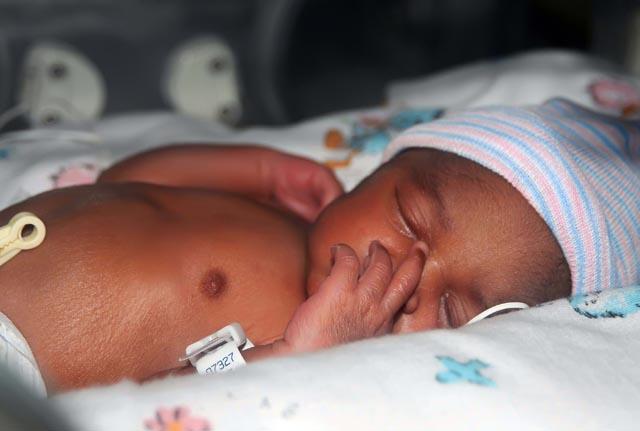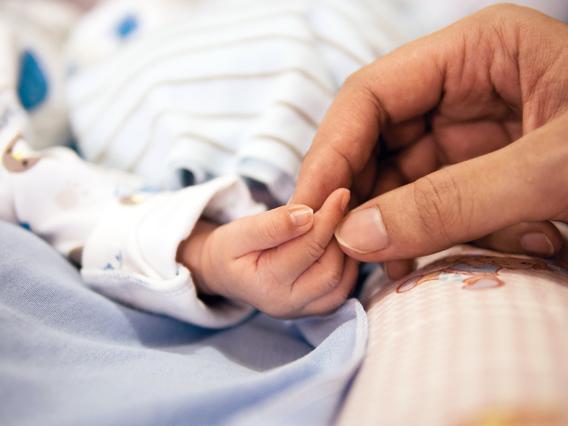You are here
Womens’ brains shrink during pregnancy
By USA Today (TNS) - May 04,2017 - Last updated at May 05,2017

Photo courtesy of whatsupusana.com
By Matthew Diebel
It is a wonderful thing to see — the deep bond between a mother and her baby.
And it may be because the mom’s brain shrank during pregnancy.
Yup, it got smaller.
A just-released study published in the journal Nature Neuroscience shows that pregnant women lose gray matter in areas of the brain that deal with people’s feelings and non-verbal signals.
However, the loss, rather than diminish this area of brain processing, appears to make it more efficient, enabling improved interpretation of their babies’ needs and emotions, and therefore increasing their maternal attachment.
Due to the time frame of the study, which was conducted by researchers in the Netherlands and Spain, it is not known whether the effects are permanent or temporary.
During the study, a group of fathers and first-time mothers had MRI scans before pregnancy and after giving birth. While the brains of the fathers remained unchanged, the study’s authors said, the scans of the mothers showed a loss of grey matter.
“Loss of volume does not necessarily translate to loss of function,” Elseline Hoekzema, co-lead author of the study and a senior brain scientist at Leiden University in the Netherlands, told CNN. “Sometimes less is more.”
She said that the loss of grey matter could “represent a fine-tuning of synapses into more efficient neural networks”.
Another neuroscientist, Robert Froemke of New York University’s Langone Medical Centre, compared the process to “spring cleaning”.
Related stories
“It is making things more organised, streamlined, coherent to prepare mothers for the complexity and urgency of childcare,” he told the online magazine Healthline. “If neurons are closer together, or neural connections reorganised to disregard irrelevant synapses and preserve important synapses, or otherwise able to more effectively, reliably, and rapidly process critical information, it’s easier to imagine why this might make sense, and help the maternal brain respond to the needs of her baby.”
And as for the forgetfulness sometimes associated with new mothers, Froemke says the brain shrinkage probably has nothing to do with it.
“Parenting — particularly motherhood — is among the most complex and stressful set of events and behaviours we experience in our lives,” he told Healthline. “Taking care of another person, especially a helpless infant, is a lot of work and can demand much or all of our attention.”
Related Articles
Pregnant women who drink lots of coffee and other caffeinated beverages may be more likely to have kids who are overweight than mothers who
Babies born prematurely may benefit from people talking to them while they are still in the hospital's intensive care unit, suggests a new study.
AMMAN — Calls are on the rise to extend maternity leave to 90 days instead of 70 for female private sector employees. According t














